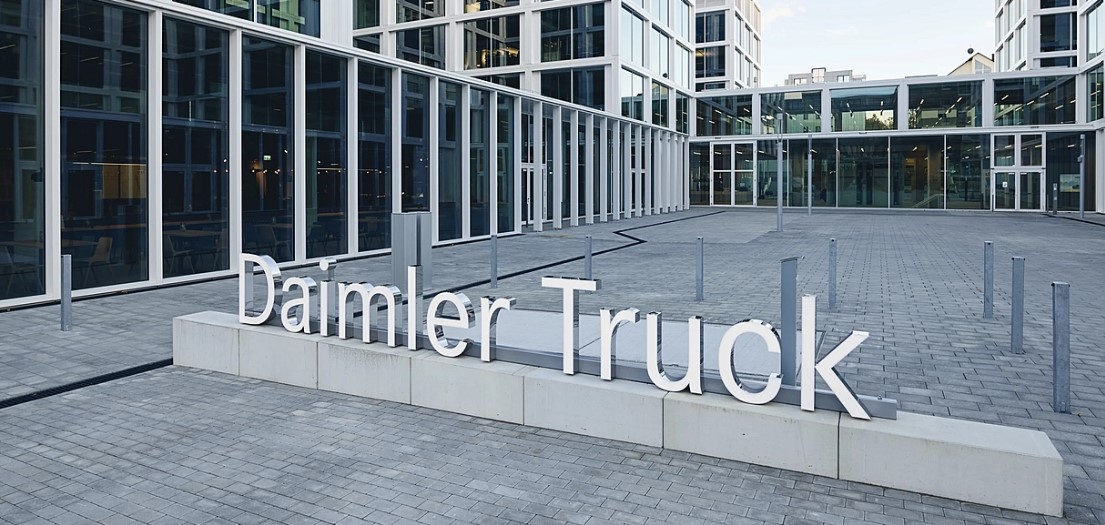SMMT’s International Automotive Summit this week saw the publication of figures which, once again, showed the importance of the motor industry to Britain and its ever improving social and environmental record. The industry’s latest Sustainability Report, the 19th making it the longest running of any sector, shows sector turnover grew more than 5% to £82 billion in 2017.
More manufacturing jobs were created, and yet more across the wider sector, with not far off a million people now making their living in automotive. At the same time, industry has made great strides in reducing its environmental impact, with waste sent to landfill, water and energy use all falling.
Fundamental to this success has been the significant investment made by global car makers and suppliers into UK plants, people, research and design in recent years. The latest figures, however, show such investment declining – down roughly half so far this year to less than £350 million – as companies postpone decisions pending the Brexit negotiations. Now investment is normally cyclical, and we expected a down turn over the last year or two, but the significance of the decline matched to anecdotal evidence of boardroom frustration, bodes ill for the short to medium term future.
Attracting this investment in the first place has, in no small part, been down to the UK’s trading relationship with its biggest market less than 30 miles across the channel. The EU is a market with more than half a billion consumers and because of our unfettered access to it via the UK’s membership of the Customs Union and Single Market, Britain’s motor industry has thrived. The government has set red lines on leaving both, which goes directly against the interests of automotive.
To secure the next and future waves of investment, the UK must retain membership of the Customs Union and the benefits of the Single Market. Automotive needs to have tariff-free trade, importing and exporting parts, components and finished vehicles without barriers.
Yes, Brexit is happening and we are working with Government to explain the issues, the impacts and the dangers – it is right that we continue to do so. It’s welcome that we have an industrial strategy and sector deal that seeks to draw on the inherent strengths in our industry. But if the fog of uncertainty can’t be lifted soon there will start to be real casualties.
Given that time is running out to determine the true nature of what happens when we leave the EU in March, it’s little wonder that Tuesday’s annual summit, with Brexit firmly top of the agenda, was so well attended, or that it attracted such media scrutiny. I would like to thank everyone who made the event such a success: our keynote speakers, panellists and sponsors, and of course the more than 300 delegates who joined us on the day to discuss this and other issues, including the transition to zero emission transport.
SMMT’s next big event is the Annual Dinner on Tuesday 27 November and tickets are available now – https://www.smmt.co.uk/events/annualdinner/
Mike Hawes, Chief Executive, SMMT



